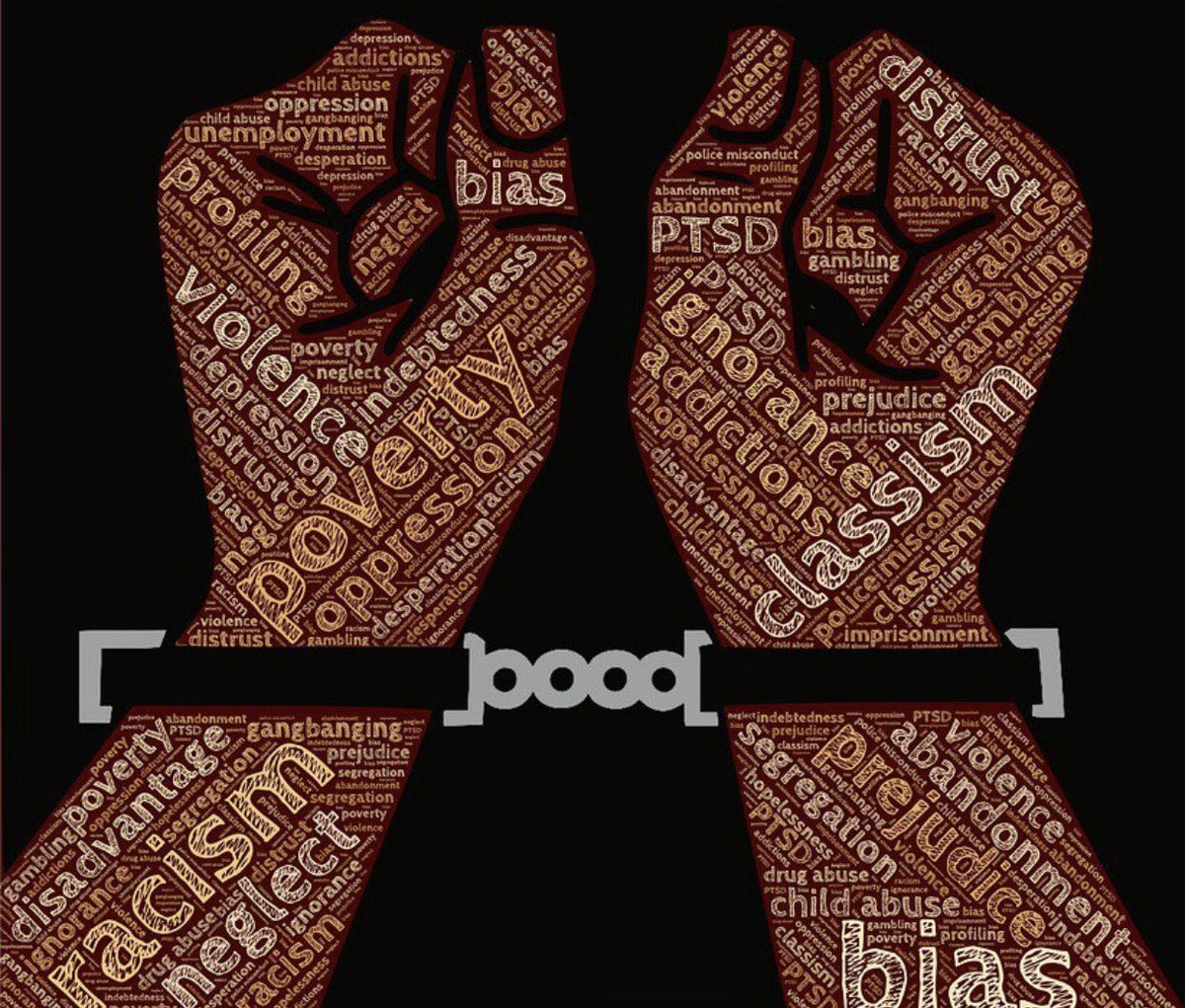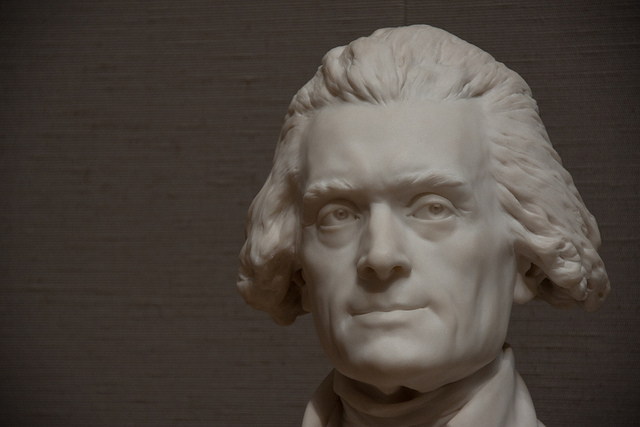In this series, appropriately titled “Black Boys in Crisis,” I highlight the problems facing black boys in education today, as well as provide clear steps that will lead us out of the crisis. My understanding of the black male crisis is deeply personal. In the articles in this series, I will tell a few stories from my past that illustrate what life is like for the average black male growing up in America. At the elementary school, I attended, most of the students came from families with incomes at or below the poverty line. Our neighborhoods provided us with few …
Continue reading “Black Boys in Crisis: The Intersection of Poverty and Education”







